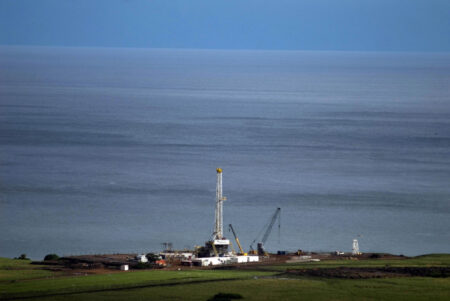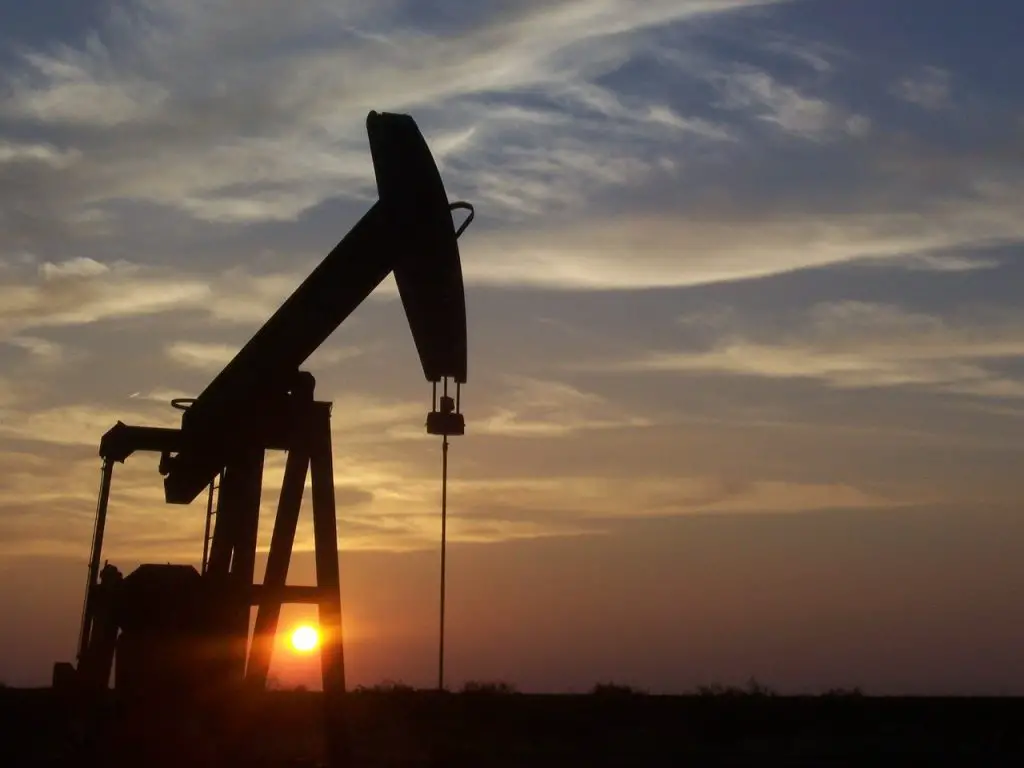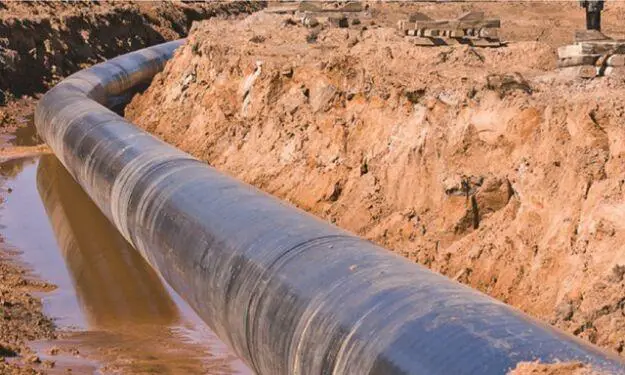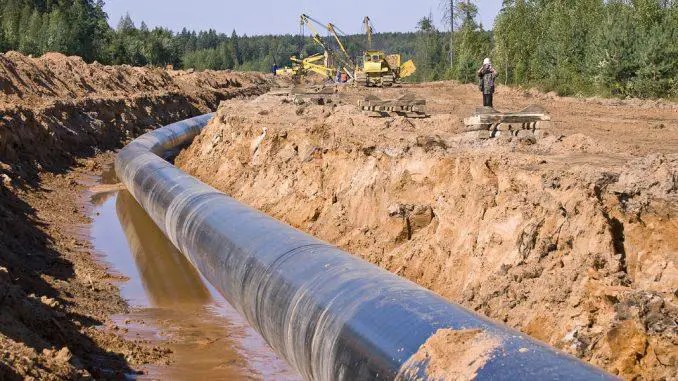- Africa’s new dawn: the rising role of digital and AI in agriculture
- Can Dangote Refinery Transform Africa Energy Ambition
- Gallup Survey: 80 per cent of Kenyan Workers Are Disengaged and Seek New Opportunities
- Madagascar Man Freed from 5KG Tumor After 15-Year Struggle
- How women in Africa are perceived and treated
- Sugar consumption in Kenya to Increase to 1.23 Million Tonnes
- Can Somalia and Turkey Oil deal Bring Change in Somaliland
- Remittances to Kenya dropped to $371.6 million in June, marking a six month low
Browsing: East Africa Crude Oil Pipeline
- Locals around Lake Albert alarmed by oil companies neglecting the essential rituals needed to preserve these places’ sanctity.
- TotalEnergies is encountering legal challenges and criticism for its environmental impact, including contributions to climate change.
- A key part of this effort is the $3.5 billion East African Crude Oil Pipeline. While it could bring economic gains and regional energy integration, it has climate and environmental concerns.
In a region where oil activities are expanding into sacred natural sites, a small Ugandan community is grappling with the encroachment on their spiritual spaces. According to AP, Alex Wakitinti, the chief custodian of these revered sites near Lake Albert, is concerned about the disregard shown by oil companies, including French giant TotalEnergies, for the significance of these locations. These sites are vital to the cultural and spiritual practices of the Bagungu community in the remote Buliisa district, adjacent to the Congo border.
Wakitinti …
The EACOP is a 1,443km pipeline that is been constructed at a value of 3.5 Billion USD. These funds are been directly injected into the economies of Uganda and Tanzania effectively increasing their FDI by over 60 % during the construction phase alone.
The magnanimous project is been constructed and operated through a shareholding approach among several stakeholders including the government of Uganda through the Uganda National Oil Company (UNOC), the government of Tanzania through the Tanzanian Petroleum Development Corporation (TPDC), France’s Totalenergies and China’s CNOOC.
It is expected that through the East African Crude Oil Pipeline, the region’s East Africa’s oil potential. It will effectively attract investors and companies to explore the region’s oil potential. Further still, as new infrastructure projects commence in line with the pipeline, it will greatly contribute to the enhancement of the central corridor between Uganda and Tanzania.…
If someone were to put me on the spot and ask me to name an environmentalist group, I’d probably blurt out the first thing that comes to mind, Greenpeace. There are obvious reasons for this: Greenpeace has been around for more than 50 years, and it has done a masterful job of bringing environmental concerns to the world’s attention and keeping them there. The group has a strong track record when it comes to advocacy and awareness, and it has a global reach. It’s truly one of the most visible non-governmental organizations (NGOs) in the world.
And that’s why I see it as significant that Greenpeace’s African division has come out swinging for a major new oil pipeline slated for construction in Uganda and Tanzania. Let me explain what I mean.
What’s at Stake
On April 14, Greenpeace issued a statement expressing dismay about the signing of a new agreement
Uganda President Museveni has told off petroleum multinationals pushing for tax waivers as a pre-condition to further develop the country’s oil fields.
This is deepening a standoff that might affect the building of a critical export pipeline in the country.
According to the highly placed diplomatic sources, President Museveni is understood to have lashed out at petroleum companies accusing them of not appreciating the many adjustments the government has already made in order to facilitate the development of the Hoima oil fields which are estimated to have 1.7 billion barrels of crude oil.
The president listed 17 promises the government has delivered on emphasizing on four major ones which include an international airport still under construction, numerous concessions on taxes and tariffs, road network known as the oil roads and a number of legislations to facilitate the exploitation of the oil.
Also Read: Inside Kenya, Uganda’s crude oil
There have …








